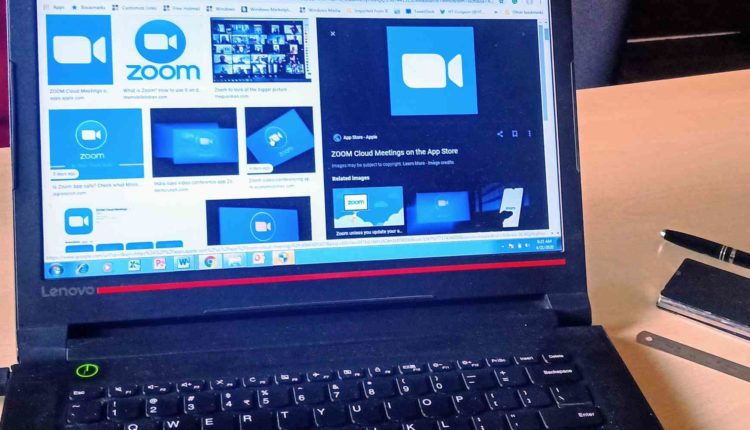Opinion: Is Zoom Video Conferencing App Unsafe?
A user has filed a suit against the company, alleging that the video-conferencing app gathers information of its users and discloses, without authorization, this personal information to third parties, including Facebook, invading the privacy of users.
By Hemant Batra, Executive Editor, Public Policy – South East Asia
The Indian Home Ministry has recently red-flagged the Zoom application on the basis of concerns raised by India’s Computer Emergency Response Team over potential cyber-attacks through the video-conferencing app. The Ministry of Home Affairs in its advisory through Cyber Coordination Centre has termed Zoom as unsafe.

The guidelines have been circulated to stop any unauthorized entry into the Zoom Conferences and thwart the malicious attacks on other users. The Home Ministry has emphasized that government officials should not use the application for official purposes.
The major fear of the officials is that use of the application has crossed 200 million since the lockdown. According to a section of media, there exist more than 500,000 stolen passwords and account details for Zoom for sale on the dark web.
Earlier India’s Computer Emergency Response Team had said the application was vulnerable to cyber attacks, including leakage of sensitive information.
According to the Ministry now, “Many organizations have allowed their staff to work from home to stop the spread of coronavirus disease. Online communication platforms such as Zoom, Microsoft Teams, and Teams for Education, Slack, Cisco WebEx, etc are being used for remote meetings and webinars,” “Insecure usage of the platform may allow cybercriminals to access sensitive information such as meeting details and conversations.”
Zoom has become extremely widespread and popular recently as more and more people – employees are working from home during the lockdown period. Zoom Video Communications enables you to organize remote meetings, webinars, etc. with audio and video for all participants.
It is today one of the most downloaded apps on the Play Store. In the case of Zoom, it is claimed that a Motherboard analysis revealed that its iOS app sends data to Facebook even if a user does not have an account on it.
A user has filed a suit against the company, alleging that the video-conferencing app gathers information of its users and discloses, without authorization, this personal information to third parties, including Facebook, invading the privacy of users. According to Zoom’s response to the allegations and contentions being raised by many, “Zoom takes user security extremely seriously.
A large number of global institutions ranging from the world’s largest financial services companies and telecommunications providers to non-governmental organizations and government agencies have done exhaustive security reviews of Zoom’s user, network and datacenter layers and continue to use Zoom for most or all of their unified communications needs.”
One thing is for sure and history has witnessed it many a time that cybercriminals are always plundering and remain on the prowl for targets online through various insecure apps. They want to be one step ahead of the cyber-cops. So just be safe as we enter the virtual world more than before. Please load your electronic gadgets like mobile phones and personal computers with proper safeguards in the form of anti-spam solutions and declining permissions to the third-party apps to enter and share your data. Stay safe and good luck.
(The views expressed in the article are that of the author.)
 Hemant Batra is an Advocate & Counsel in the Supreme Court of India & Delhi High Court; He is the Chairman, South Asia Committee, Indian National Bar Association; Vice President, SAARCLAW (a regional apex body of SAARC); Chairman, Jury Panel, ACES Awards; and Tutor, Indian School of Public Policy.
Hemant Batra is an Advocate & Counsel in the Supreme Court of India & Delhi High Court; He is the Chairman, South Asia Committee, Indian National Bar Association; Vice President, SAARCLAW (a regional apex body of SAARC); Chairman, Jury Panel, ACES Awards; and Tutor, Indian School of Public Policy.



